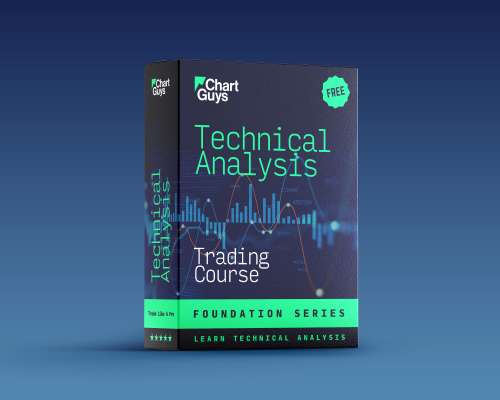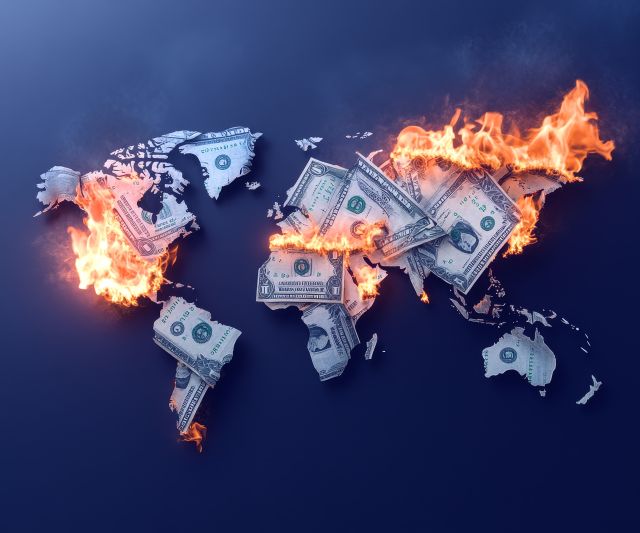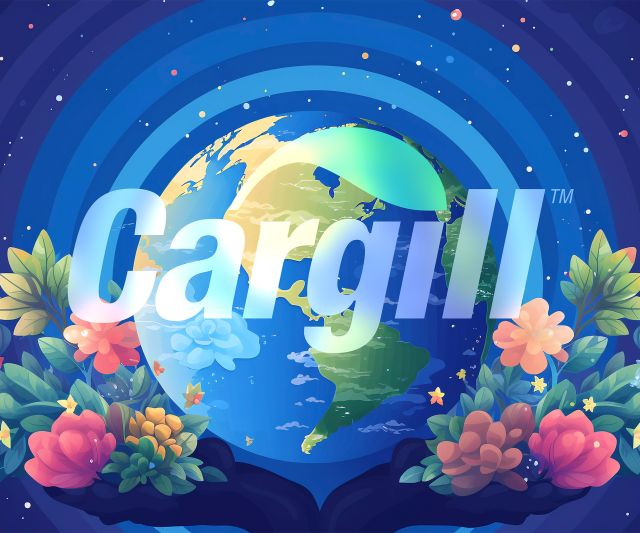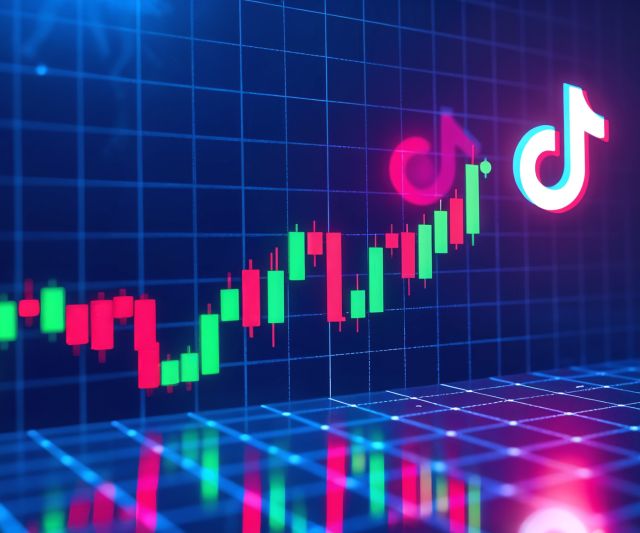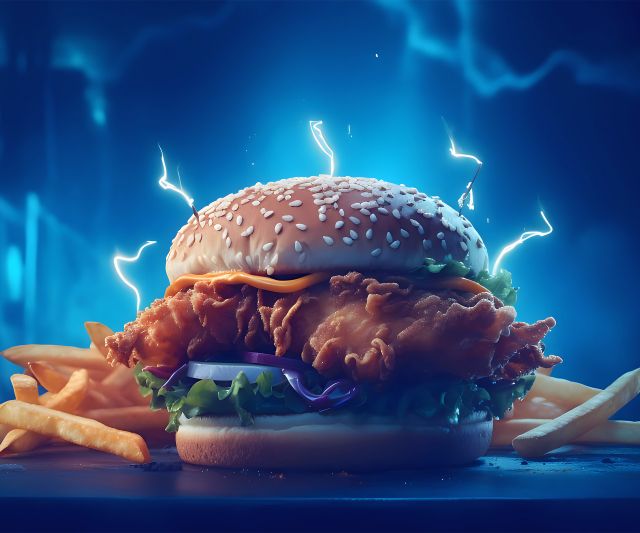It’s the age-old question. Which came first? The chicken or the egg. With respect to trading, I propose to you a new question. Which comes first. The pain, or the loss? I’m not talking about the pain of one loss, I’m talking about what happens when traders start on a negative spiral taking increasingly bad trades in order to make up for their mistakes, and eventually giving back a lot of their gains.
It would seem an easy answer to say - of course the loss causes pain, and those negative emotions in turn encourage traders to double down. This would seem intuitive, but that doesn’t mean it’s the only way to look at it.
Studies on people who self-harm reveal that one of the drivers of self-harm is extreme psychological pain that the patient seems unable to apply to reality. Meaning, if pain is registered by the nerve receptors in our body, then psychological pain would have a difficult basis in physical reality so to speak. But it is still so incredibly real. The idea then, is that when they can’t match the physical nature of pain, with the deep pain they are feeling, the self-harm forces the pain into the physical, creates almost a reason for them to be in pain - and then relief is felt.
So back to a trader’s spiral. The stages of a spiral don’t start with a meaningful loss. (Although that can certainly happen) It usually starts with frustration. Either a trade not going your way, multiple stop outs, feelings that you will never get this right, emotional attachment to the need to get it right etc. There is a large component that is unaddressed and is very very, very real. When all this frustration boils over, then the loss happens - and that creates the real-world tangible reason for the frustration. Now there is a loss that we can attribute to all the emotions, feelings and frustration that were happening and boiling under the surface but didn’t seem to have a place to go. It’s now the loss that is the source of the pain. We can then continue to misattribute everything that led up to it, and only remember the pain of the loss.
But what does that do to our growth? Well, it teaches us we don’t like losses, punish ourselves for being stupid, and not much else. We pull back a bit, set some rules, try again, but don’t figure out how to address what came before. We don’t sort through what this means to us, why we are doing this, what we are trying to accomplish - I mean really accomplish, and how that fits into our broader life story. And if we don’t figure that out, then we are likely to cause more pain until we do.


